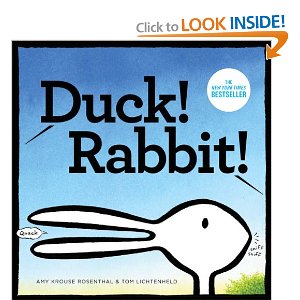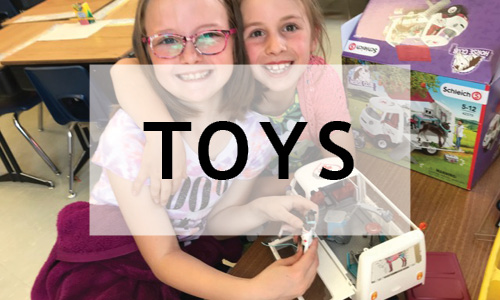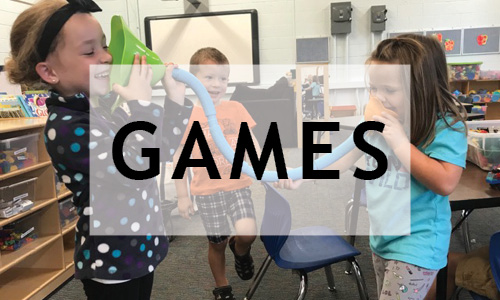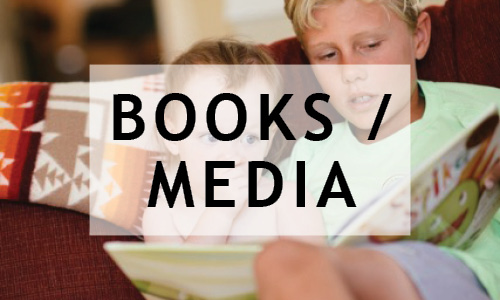 I was in a meeting last week, consulting on a 5-year-old child who has taken an extra year of preschool before entering kindergarten, due to language deficits. One of the teachers asked me what kinds of stories and books should a child be able to understand at the kindergarten level. It made me stop and think about getting a list together for parents and teachers that might be helpful to stretch a child’s language abilities through reading stories that have more implied information, abstract thinking and inference in a story.
I was in a meeting last week, consulting on a 5-year-old child who has taken an extra year of preschool before entering kindergarten, due to language deficits. One of the teachers asked me what kinds of stories and books should a child be able to understand at the kindergarten level. It made me stop and think about getting a list together for parents and teachers that might be helpful to stretch a child’s language abilities through reading stories that have more implied information, abstract thinking and inference in a story.
I thought I would review a few books at a time over the next few months, so parents, teachers and therapists can have some reviews to work with.
- Duck! Rabbit! by Rosenthal and Lichtenheld. What a clever, simple but abstract picture book to engage a child. The simple line drawing acts as a visual puzzle, portraying a duck or rabbit, depending on how you look at it. The abstraction comes in when you can ask a child what is going on. Can they describe that there is a character talking on each side of the book, one insisting that the picture is a duck and the other a rabbit? How are they treating each other? They disagree but are they arguing? How do they resolve their disagreement? Half way through the book, have your child be the voice for one or the other side of the book. Finally, verbalize what happened at the end. “They saw another animal and each one thought it was a different animal.” This book provides lots of opportunities to build language.
- Splat the Cat, by Rob Scotton. This well-know author of “Russel the Sheep” has us laughing at all the quirky responses of Splat as he avoids going to his first day of Cat School. Lots of abstract language has visual reinforcement in the delightful illustrations–“tail wiggled wildly with worry,” “I’ll hide from the day, maybe it’ll go away,” or “The gatepost won’t let go of my fingers.” Talk about these word pictures and what they mean. Predict what will happen when Splat packs his buddy, Seymour the mouse, in his lunchbox. Relate it to your child, “What would happen if you packed a mouse in your lunchbox? What would your teacher say?”
- Are You a Horse? by Andy Rash. Roy is a clueless cowboy who received a saddle for his birthday but has no idea what a horse it. This fun tale of deductive reasoning follows Roy on his quest to take a ride. As he approaches a wagon and asks, “Are you a horse?” he learns that a horse is a living thing. Off to find a living thing, he approaches a cactus who says, no way am I a horse because a horse is an animal. Take the opportunity to brainstorm things that fit into that category as the story goes along. Tell me some living animals. Tell me some living animals that have legs, and so on. Kids need to use their association and categorization skills to answer the questions.
Share any great books you are using to prepare kids for kindergarten and the more advanced expectations for language learning.



